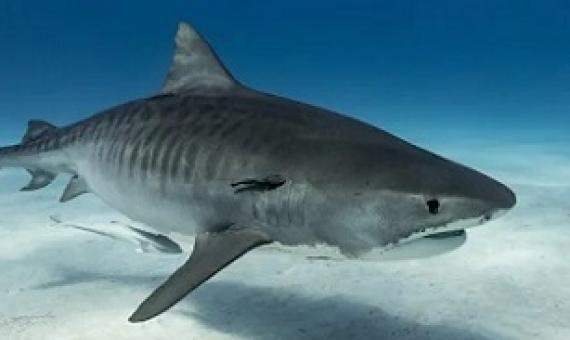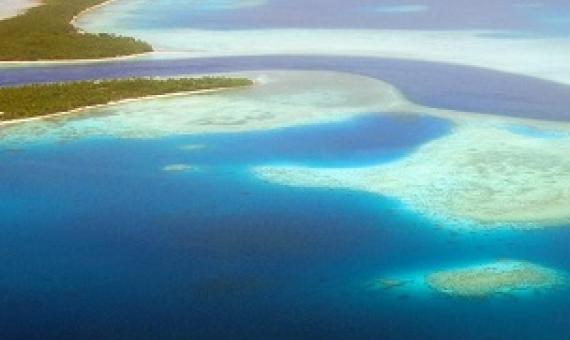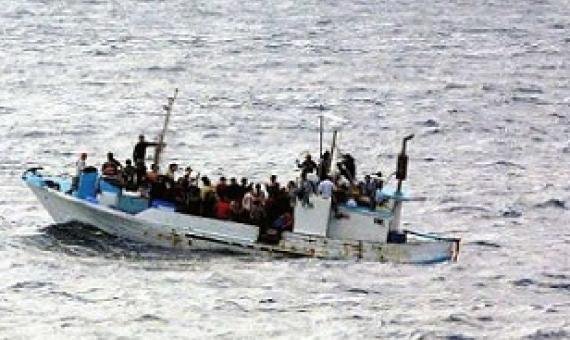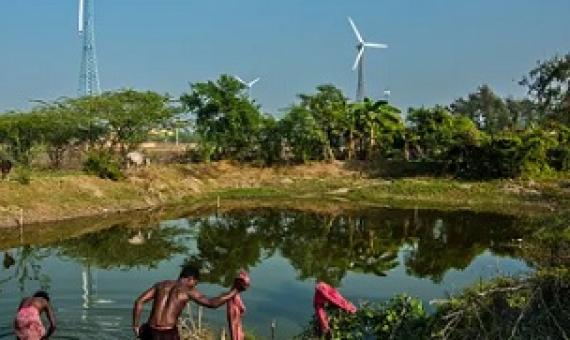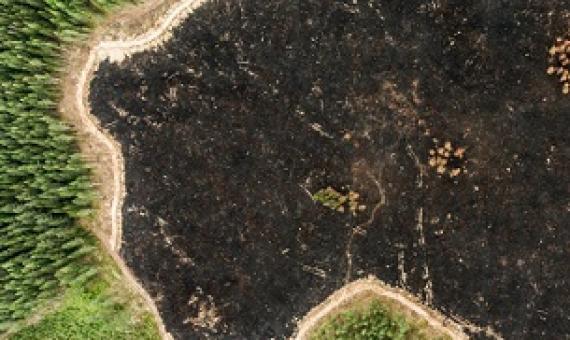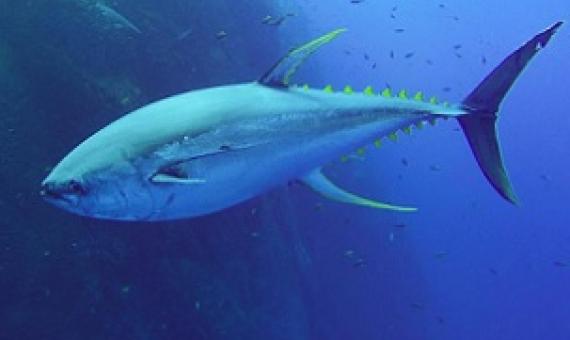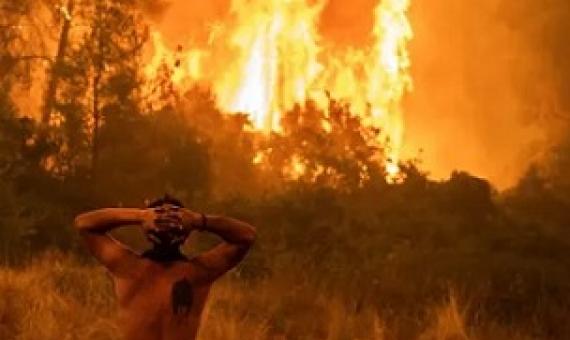For many years the climate crisis and the biodiversity crisis have been treated as separate issues, but the reality – as highlighted on Wednesday at COP27– is that there is no viable route to limiting global warming to 1.5°C without urgently protecting and restoring nature. “The two need to
Warming oceans due to the climate crisis are having a significant impact on the migratory patterns of tiger sharks, allowing the apex predator to expand its range, but also exposing them to new risks, a new study has warned.
We are facing global biodiversity and climate crises. It is estimated that one million species are threatened with extinction, with the drivers of biodiversity loss due to the direct or indirect results of unsustainable human action.
With the United Nations climate conference in Glasgow, the world is focused on the consequences of a climate crisis and how we can still change course.
Nearly two years after the first reported case of Covid-19, the world is still facing the repercussions. At the same time, the extent of our planetary emergency – of climate crisis, biodiversity loss and inequality – has become evident.
Protected-area targets could be undermined by climate change-driven shifts in ecoregions and biomes
Expanding the global protected area network is critical for addressing biodiversity declines and the climate crisis. However, how climate change will affect ecosystem representation within the protected area network remains unclear. Here we use spatial climate analogs to examine potential climate-driven shifts in terrestrial ecoregions and biomes under a +2 °C warming scenario and associated implications for achieving 30% area-based protection targets.
Three years ago Greta Tintin Eleonora Ernman Thunberg was an unknown 15-year-old terrified that we were destroying the planet and furious that adults were letting it happen. Her fury was particularly directed at those with power. She decided to take unilateral action, and tweeted her plan.
Although the biodiversity crisis is intimately linked to the climate one, the financing to address it is woefully inadequate.
The climate crisis and warming waters may cause tuna to redistribute, threatening tuna-dependent economies in the Pacific, a new study concludes.
Human activity is changing the Earth’s climate in ways “unprecedented” in thousands or hundreds of thousands of years, with some of the changes now inevitable and “irreversible”, climate scientists have warned.


